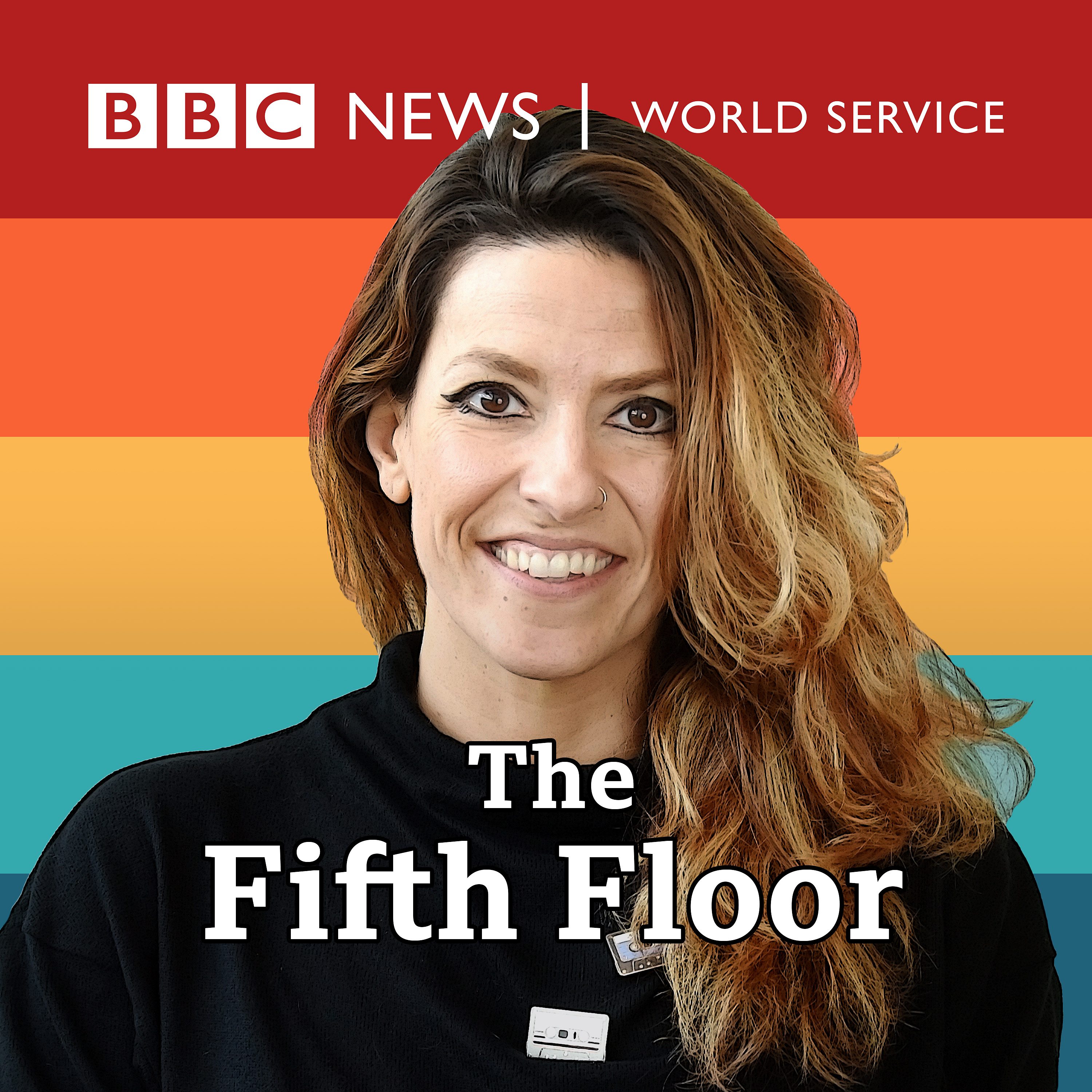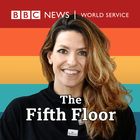
Fifth Floor
Feb 2, 2024
Electoral symbols are crucial in Pakistani elections, helping illiterate voters find their party on the ballot paper. So when Pakistan's Supreme Court upheld a decision to strip the PTI party of Imran Khan of its cricket bat symbol last week, many cried foul. BBC Urdu editor Asif Farooqi explains the rich history of symbols, and how this relates to Pakistan's forthcoming elections.
The 63-year-old Pakistani going back to school BBC Urdu's Azizullah Khan met the 63 year old man in north west Pakistan who’s enrolled in his local primary school after missing out on an education as a boy.
Thailand’s iguana village BBC Thai’s Tossapol Chaisamritpol visits the village overrun by iguanas, believed to be the offspring of pets left behind by a family from Bangkok, and now numbering many hundreds.
Ukraine's ‘acoustic violence‘ ban So-called ‘acoustic violence’ on public transport has been banned in Ukraine. New legislation prohibits bus drivers from playing music, with passengers now required to wear headphones when playing videos or music on their phones. Ilona Hromiluk from BBC Ukraine has experienced it herself, and explains how the war has hastened this shift.
The South Korean family seeking justice for a 1968 killing BBC Korean’s Jungmin Choi tells the story of a South Korean man whose family were killed when North Korean guerrillas attacked his village in 1968. The story is back in the news after his son won a court case holding North Korea responsible, and awarding compensation, though whether this can be enforced remains doubtful.
(Photo: In a village outside Lahore, a voter puts his finger print on his ballot. Credit: Gerhard Joren/LightRocket via Getty Images)

